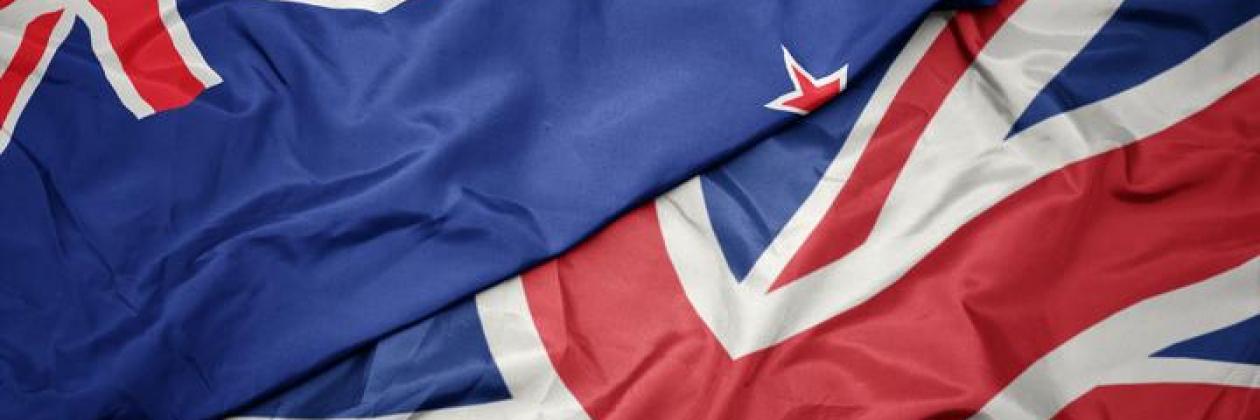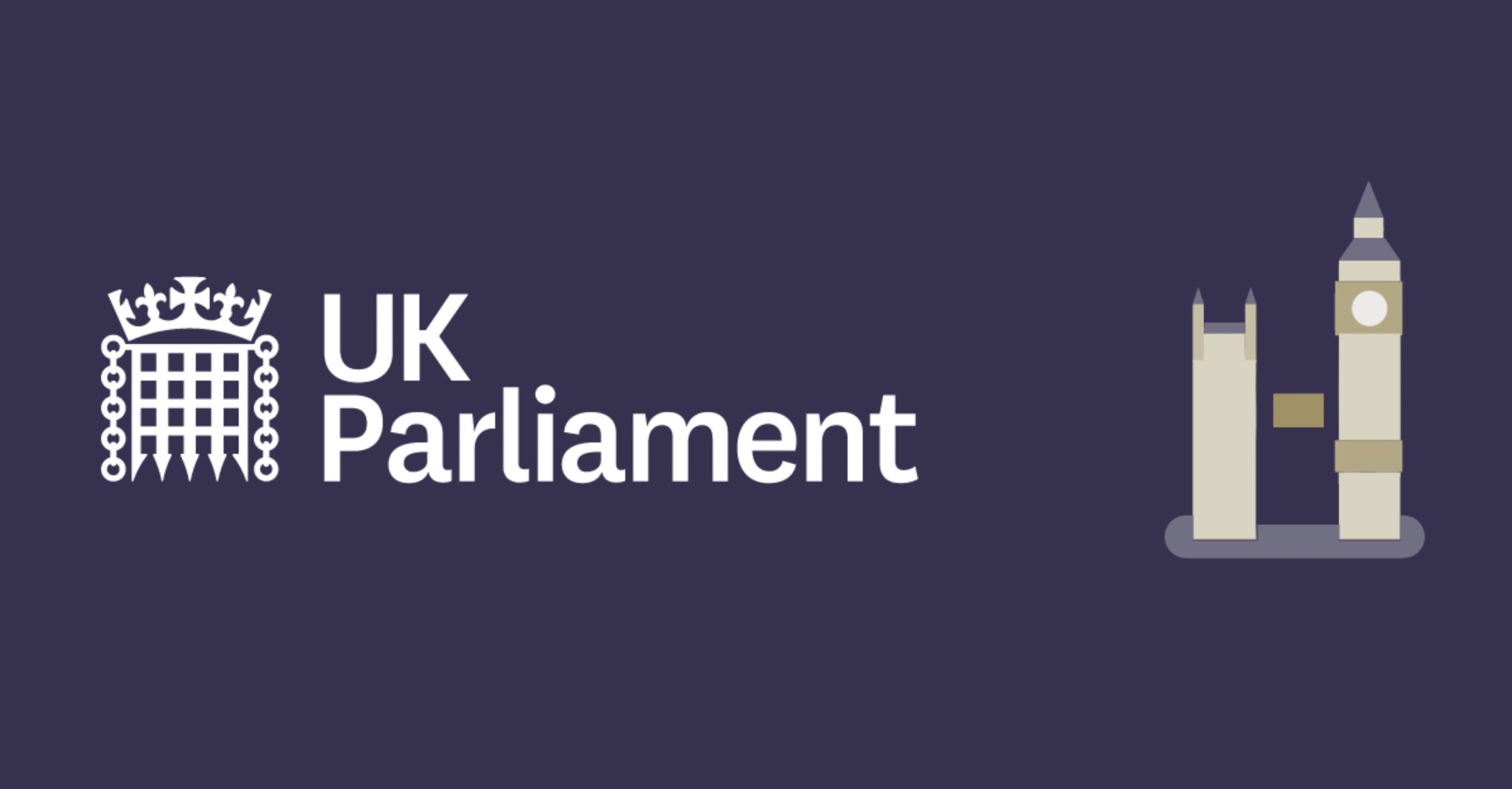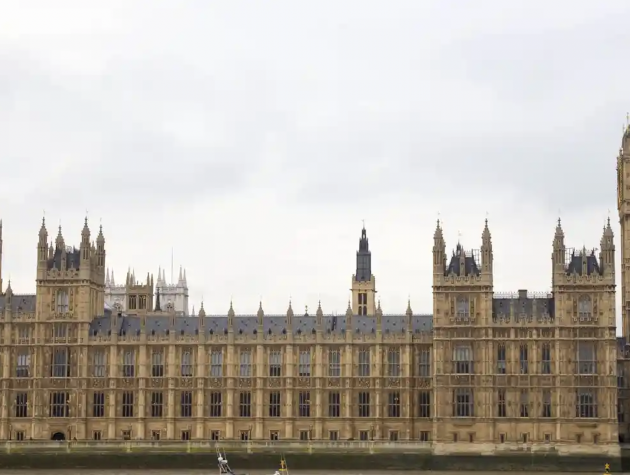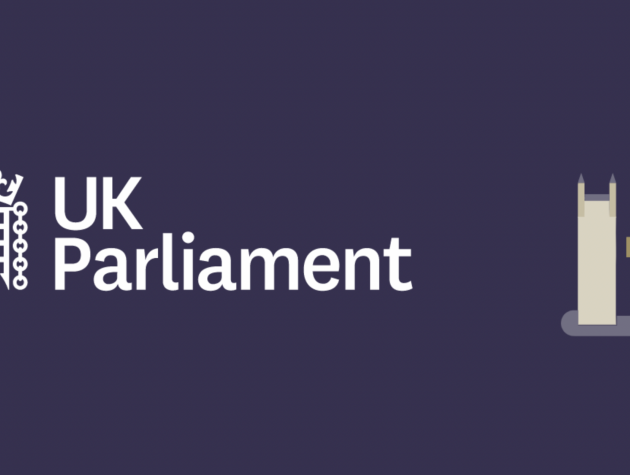GEG submits evidence to the UK Parliament on the UK-New Zealand FTA
Emily Jones, Rutendo Tavengerwei, Danilo B. Garrido Alves and Beatriz Kira submitted written evidence to the UK Parliament's International Trade Committee on the digital provisions of the UK-New Zealand Foreign Trade Agreement.
This evidence is based on the ongoing research project on the regulation of the digital economy, and is in line with the Blavatnik School of Government's goal to promote evidence-based public policy.
Our headline findings are:
- The provisions on digital trade in the UK-NZ FTA are extensive, going beyond the CPTPP and the UK-Japan Free Trade Agreement (2020) and are similar to – albeit not as extensive as – those found in the recent Australia-UK Free Trade Agreement (2021) and the UK-Singapore Digital Economy Agreement (2022) (see Table 1).
- While the UK-NZ FTA omits a provision on source code which the Waitangi Tribunal found to be in breach of the Treaty of Waitangi in the CPTPP, it retains provisions on cross-border data flows, an aspect of the CPTPP which the Waitangi Tribunal also found to be in breach. This opens up the risk that the UK-NZ FTA will be found to breach the Treaty of Waitangi. (This is also a factor the UK should consider in its bid to accede to the CPTPP where the provision on source code would apply between the UK and New Zealand, unless the countries sign a side agreement to the contrary).
- The UK-NZ FTA missed the opportunity to strengthen consumer protection (including online harms), competition, and labour rights. In those three areas, it features provisions that are less ambitious than previous UK-signed agreements, especially the recent UK-Singapore DEA. The FTA is entirely silent on labour issues in the digital economy, which is striking given the number of UK citizens who rely on it for their livelihoods and the direct impact this FTA could have on them.
- The absence of an effective mechanism for stakeholder dialogue from the FTA is also striking, especially in light of Māori concerns about a number of provisions. The text provides for a specific review of the ‘operation and implementation’ of the digital trade provisions after two years, and expressly mentions that New Zealand ‘affirms its intention to engage Māori to ensure the review … takes account of the continued need for New Zealand to support Māori to exercise their rights and interests, and meet its responsibilities under Te Tiriti o Waitangi/the Treaty of Waitangi and its principles’ (Art 15.22.2(b)). However, it is unclear what steps would be taken if the FTA is found to adversely affect Māori interests or breach the Treaty of Waitangi, and the FTA stops short of creating a more structured mechanism for stakeholder dialogue such as the ‘Digital Economy Dialogue’ (UK-Singapore DEA).
- In general, the digital trade commitments aim at ‘binding’ existing practices and increasing cooperation rather than requiring changes to current regulations or policies. In the area of data regulation, questions remain as to the compatibility of the UK’s commitments with its existing regime for personal data protection. Given that the UK’s data protection regime is based on the EU’s GDPR, it is striking that it has not followed the EU’s path in negotiating more robust protections for its personal data regime. However, despite the UK approach to data flows and personal data protection in trade agreements continuing to be problematic, it is unlikely that it will result in legal challenge in the context of this FTA, as New Zealand has high data protection standards and an adequacy agreement with the EU.
- Careful analysis and evaluation of the provisions is important for ensuring consistency between the text of the treaty and areas of existing or proposed domestic policy, to ensure that commitments in the FTA strike an appropriate balance between different policy objectives (such as the promotion of data flows and personal data protection), and do not unduly restrict the government’s future ability to regulate fast-moving technologies. The UK has created a Digital Regulation Cooperation Forum (DRCF) to improve coordination across government which brings together the Competition and Markets Authority (CMA), Information Commissioner’s Office (ICO), the Office of Communications (Ofcom), and the Financial Conduct Authority (FCA). It is unclear from public documents the extent to which DRCF has advised on the details of digital trade provisions in the UK-NZ FTA.
- Comparing the final text with the policy positions of key interest groups suggests that the provisions on digital trade generally align with requests articulated by major UK business groups. In some areas the agreement makes modest steps forward in promoting consumer interests, labour protections and digital rights, but does not go as far as consumer, labour and digital rights groups would like. Although the government has a specific mechanism for consulting with UK businesses on digital trade - the Trade Advisory Group on telecoms and technology – there is no analogous mechanism for consumer groups, digital rights groups, or labour organisations.







